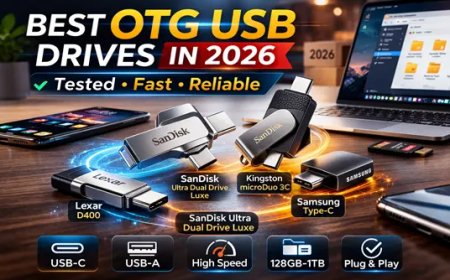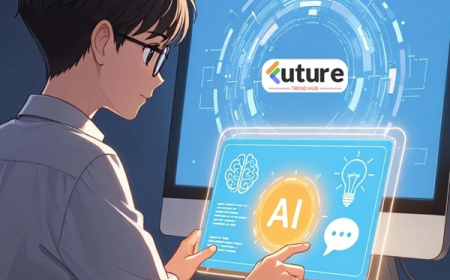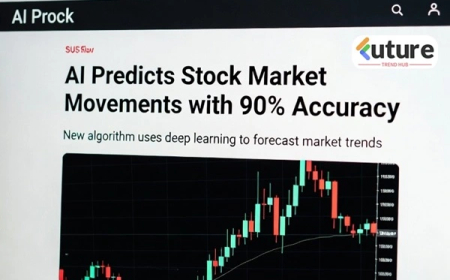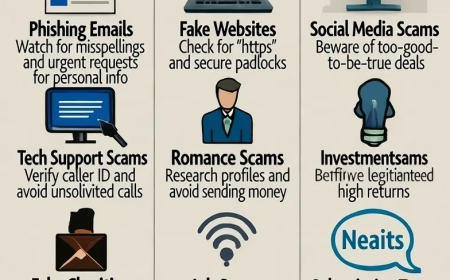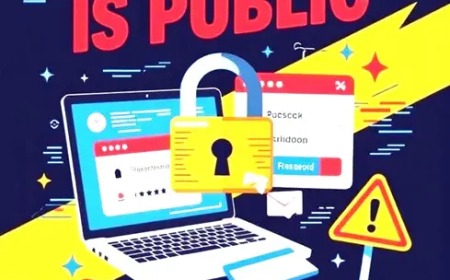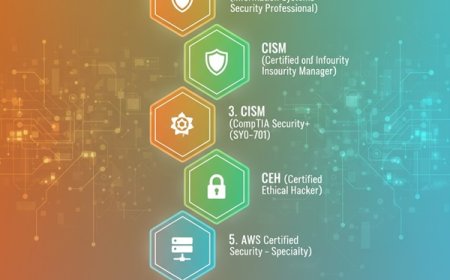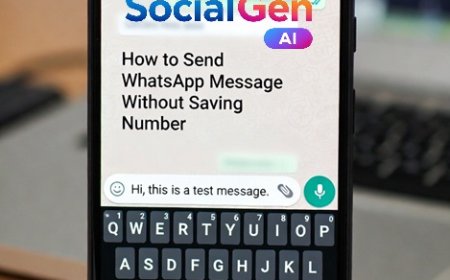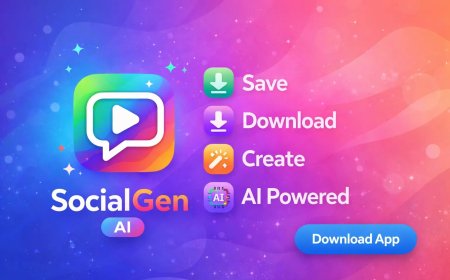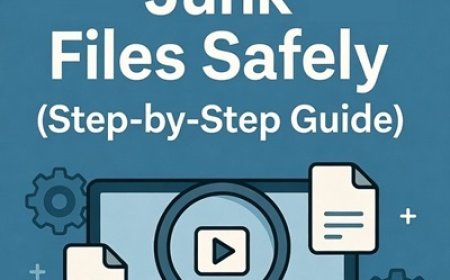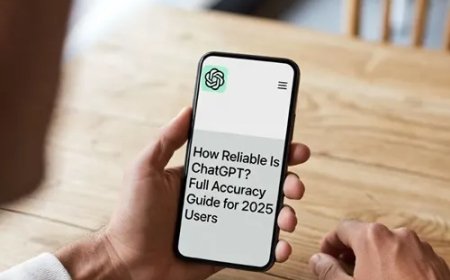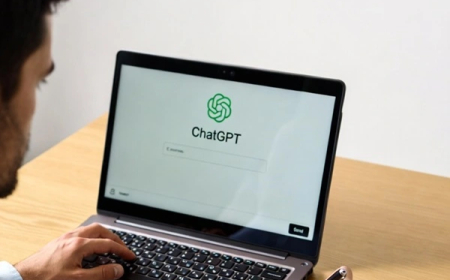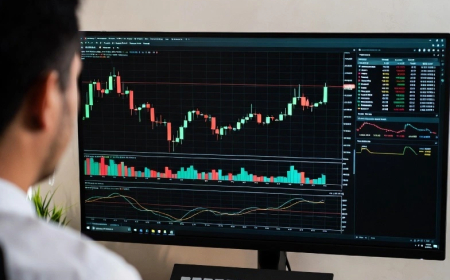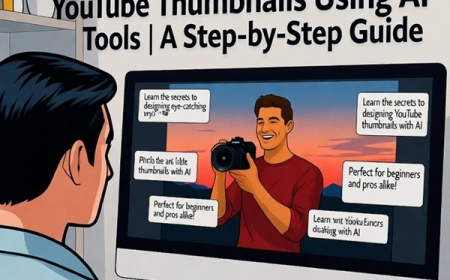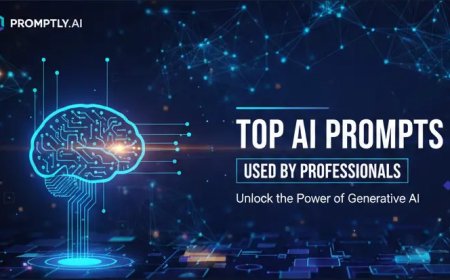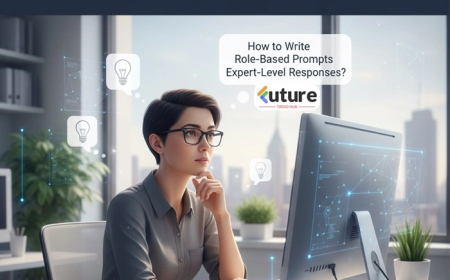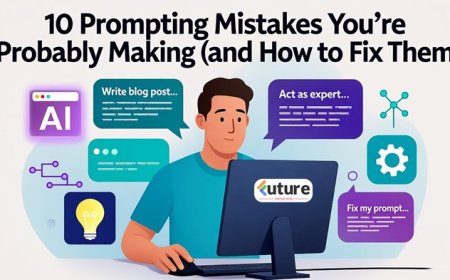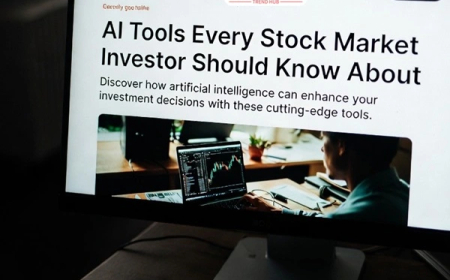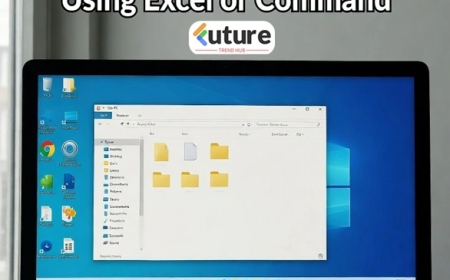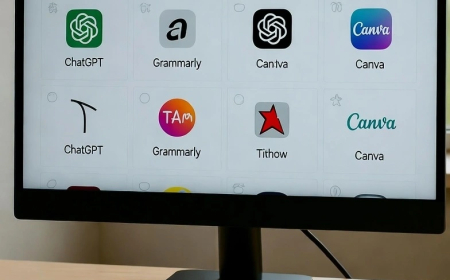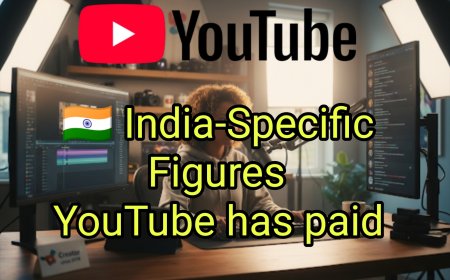PayPal and Google’s Game-Changing Partnership: The Rise of AI-Powered Commerce
PayPal is trending after announcing a multi-year strategic partnership with Google to pioneer AI-driven, “agentic” commerce. Discover how this alliance could redefine the way we shop and pay online.
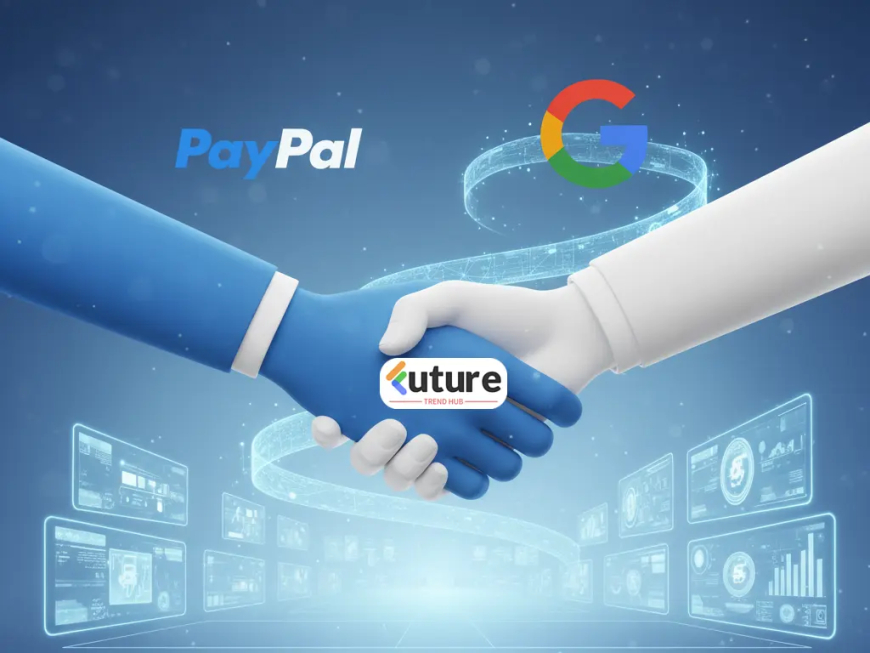
A New Chapter in Digital Payments
Every once in a while, the tech world pauses for a headline that feels bigger than it first appears. “PayPal and Google announce a multi-year strategic partnership” — at first glance, it sounds like another corporate handshake. But if you dig a little deeper, you realize this might be the start of something much larger: a transformation in how humans — and even AIs — buy and sell online.
In a world where artificial intelligence is becoming our co-pilot for everything — from writing to booking tickets — PayPal and Google’s collaboration hints at a future where AI doesn’t just assist you in shopping… it completes the purchase for you.
That’s not sci-fi. It’s the reality they’re building.
🤝 Inside the Partnership: What’s Really Happening
Announced in September 2025, the PayPal–Google alliance is a multi-layered collaboration that spans infrastructure, payments, and AI commerce.
Here’s what makes it stand out:
-
AI-Driven Commerce Experiences – PayPal and Google are developing what they call “agentic commerce”, where AI agents will search, compare, and even buy items on your behalf. Imagine telling your AI assistant, “Book me the best flight to Tokyo under ₹50,000,” and it does everything — payment included.
-
Deep Ecosystem Integration – PayPal’s services, including its checkout, Hyperwallet, and Payouts systems, will be embedded across Google’s platforms — from Ads and Play Store to Cloud services. That means businesses can use PayPal’s financial rails directly inside Google’s ecosystem, making transactions faster and more secure.
-
Next-Gen Infrastructure on Google Cloud – PayPal will also migrate key systems to Google Cloud, leveraging AI tools like Vertex AI for fraud detection, smarter personalization, and real-time analytics.
-
Open Protocol for AI Payments – The partnership also supports an emerging industry standard: the Agent Payments Protocol (AP2), which could become the foundation for AI agents to transact safely and transparently.
This isn’t just another fintech tie-up — it’s a tech infrastructure move designed to prepare for a future where AI and finance fully merge.
🧠 Beyond Buzzwords: Why AI + Payments Is a Big Deal
Let’s pause for a second. Why does this matter? Why is everyone suddenly talking about PayPal again?
Because this is PayPal’s comeback moment.
For years, the company was seen as a stable but somewhat stagnant player in the payments space — overshadowed by Apple Pay, Stripe, and newer fintechs. But now, it’s pivoting to something more futuristic: AI-driven payments.
In simpler terms, PayPal doesn’t want to just process your transactions; it wants to help your AI think and act financially. It’s about enabling the next generation of digital interactions where your money moves intelligently — with minimal human input.
This isn’t the first step either. Earlier in 2025, PayPal teamed up with Perplexity AI, integrating its payment system into chat-based search results. Users could ask an AI a question like “Find me the best deal on noise-cancelling headphones,” and buy directly through PayPal — no browser, no cart, no checkout friction.
That’s the start of a quiet revolution.
🌍 Why Everyone’s Watching
Here’s why the PayPal-Google partnership is generating serious buzz across tech and finance circles:
-
Reinvention of a Legacy Brand
PayPal is proving it’s not a relic of the 2000s internet — it’s a company ready to lead in the AI age. -
Google’s Commerce Ambitions
Google has long dominated search, but commerce has always been Amazon’s turf. Partnering with PayPal gives Google a foothold in payments — something it’s struggled to scale independently. -
AI Agents Are the Next Big Thing
The concept of “agentic AI” — where bots can perform tasks and purchases for users — is becoming mainstream. PayPal is smartly positioning itself as the default wallet for these AI agents. -
Trust and Security
People trust PayPal. As AI takes over more transactions, having a familiar, established payment brand attached helps ease user skepticism. -
Market Confidence
Investors responded positively to the news — PayPal’s stock jumped about 3% following the announcement, signaling renewed optimism.
⚠️ Challenges Ahead: It’s Not All Smooth Sailing
Of course, visionary as it sounds, this path is not without challenges.
-
Complex Integration: Bringing PayPal’s systems into Google’s vast ecosystem will require years of backend engineering and testing.
-
Regulatory Oversight: If AI agents can make purchases autonomously, regulators will want to know — who’s liable if something goes wrong?
-
Consumer Trust: Convincing everyday users to let AI handle payments won’t be easy. Any security misstep could set progress back years.
-
Competition: With Apple, Amazon, and Stripe exploring similar AI-commerce integrations, PayPal and Google will need to move fast.
Still, those challenges are what make this moment exciting — the companies aren’t just reacting to trends; they’re trying to define the future.
🚀 What This Means for the Future of Payments
If PayPal and Google succeed, the way we think about buying things could change completely.
Instead of “shopping,” we’ll be delegating. Instead of “checking out,” our AIs will be executing. And instead of worrying about security, we’ll rely on systems like PayPal’s to ensure every transaction — human or AI-driven — is safe, traceable, and reversible.
In that world, PayPal’s identity shifts from being a simple payments processor to being an AI-era financial network — a bridge between human intent and machine action.
✍️ Final Thoughts
PayPal’s partnership with Google feels like the start of something big — not just for fintech, but for how we’ll live and shop in the next decade.
It’s a reminder that innovation doesn’t always come from startups — sometimes, it comes from giants reinventing themselves.
So, the next time your AI assistant books your flight or orders groceries without you lifting a finger, remember: PayPal might be the quiet force making it all possible.
What's Your Reaction?
 Like
0
Like
0
 Dislike
0
Dislike
0
 Love
0
Love
0
 Funny
0
Funny
0
 Angry
0
Angry
0
 Sad
0
Sad
0
 Wow
0
Wow
0
